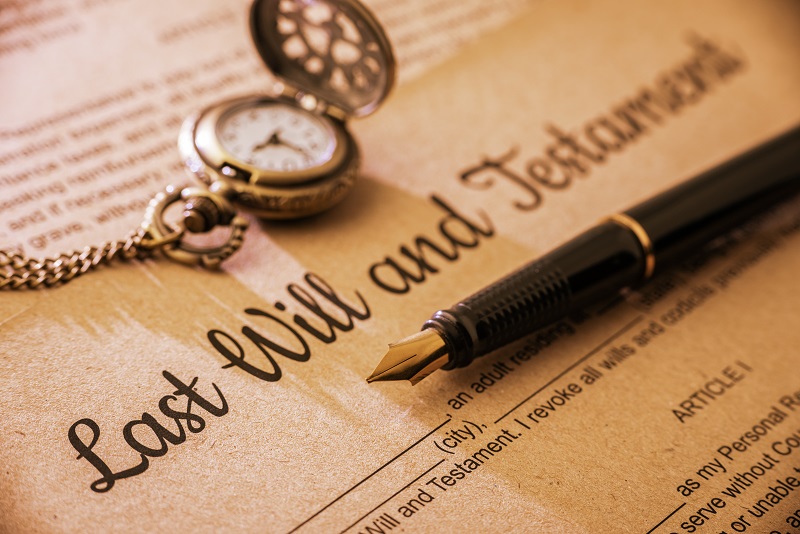Dying without a will can cause a number of headaches for your loved ones. Absent a will, your property will be subject to distribution according to the statutory rules of intestate succession. And although the intestacy statutes are designed to take into consideration how the “average person” would distribute his or her property, they are rarely consistent with how an “actual person” would want to transfer property.
In most cases, the laws of intestacy are significantly different from a decedent’s actual wishes. Intestacy statutes provide no exceptions for even the known wishes of a decedent, or a decedent’s unique circumstances or special needs. And in blended family scenarios, the consequences are even greater.
What Happens if You Don’t Have a Will?
If your estate is subject to the laws of intestate succession, then your property will be strictly distributed according to the statutory descent provisions, which vary by state. Generally speaking, though, your property will first go to your surviving spouse and children/grandchildren. Although this might not seem all that bad, if you have no surviving spouse or children, then your property will begin to be split among your parents, brothers, sisters, nieces, nephews, aunts, uncles, great aunts and uncles, second cousins, and so on. In some cases, fairly sizeable estates can ultimately be distributed to a distant family member that never even met the decedent. And if no relatives can be found, then your property will go to the state.
In addition, one of the key components of a will for young parents is the nomination of a guardian for their minor child(ren). Absent a will, the court system will determine who is the best fit to serve as guardian for your minor children. And that person could be an opportunistic grandparent who is more excited about having access to your money than taking care of your child.
Substitutes for a Will (Non-Probate Assets)
Unless a Will is validly prepared and executed according to state law, a document that attempts to distribute your property after your death will not be treated as a will by the courts. However, there are ways to transfer certain property to another person after your death without the requirement of a will and without being subject to the laws of intestate succession.
A common non-probate asset is a life insurance policy. Whether or not you have a will, the proceeds of an insurance policy will be paid to the beneficiary named in the policy. And even if you have a will and exclude the person named as beneficiary of the policy from the will, the beneficiary of the insurance policy will still receive the proceeds. Other non-probate assets include property owned as joint tenants with rights of survivorship, bank or other financial accounts with a named transfer-on-death beneficiary, and retirement accounts with beneficiary designations.
Be very careful with transfer-on-death designations and beneficiary designations, though, because those assets can become probate assets if the person named as beneficiary predeceases you. And if you don’t have a will, then those assets will ultimately be subject to the laws of intestacy.
It should be clear that a will is an essential part of your estate plan. And compared to the cost to your estate of potentially trying to locate relatives around the country (or the world), the cost to set up a will is minimal. If you are ready to start working on your estate plan, give The KC Estate Planner, LLC a call!

